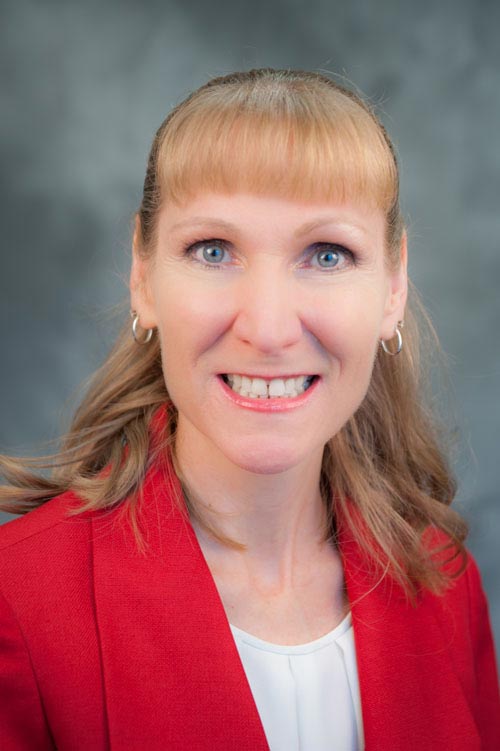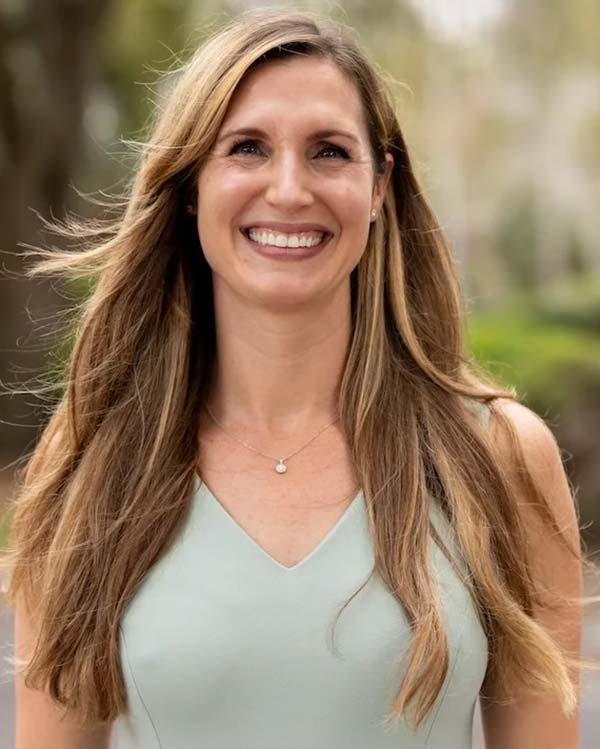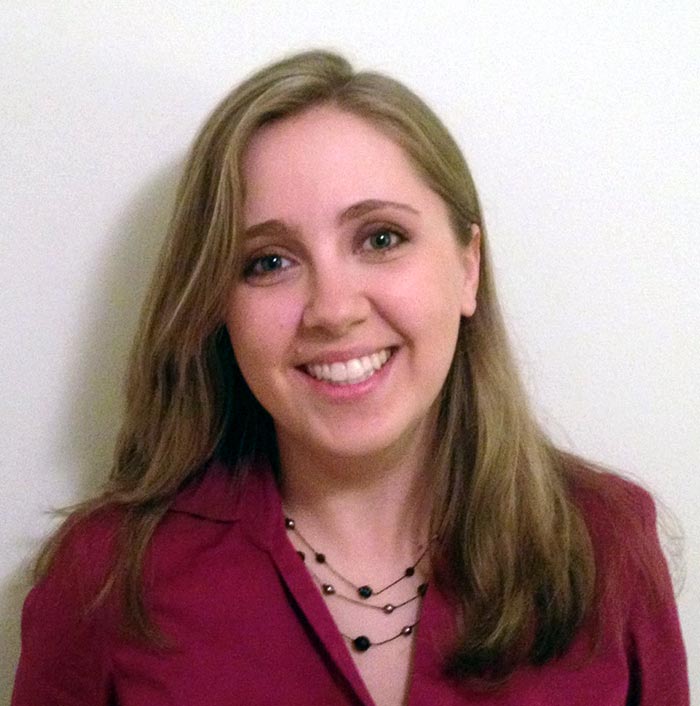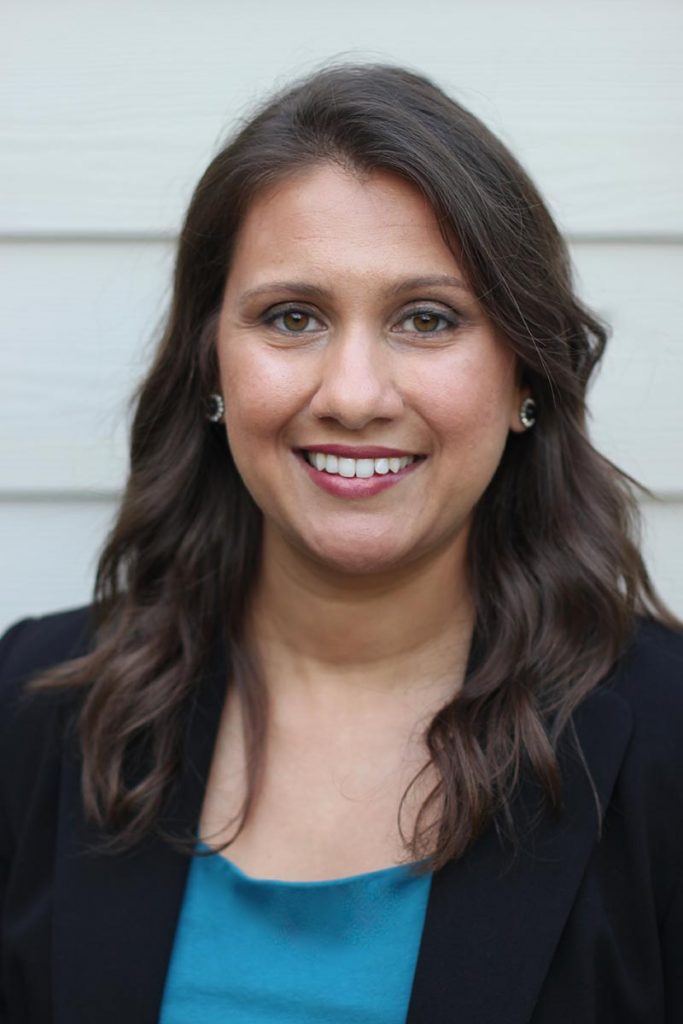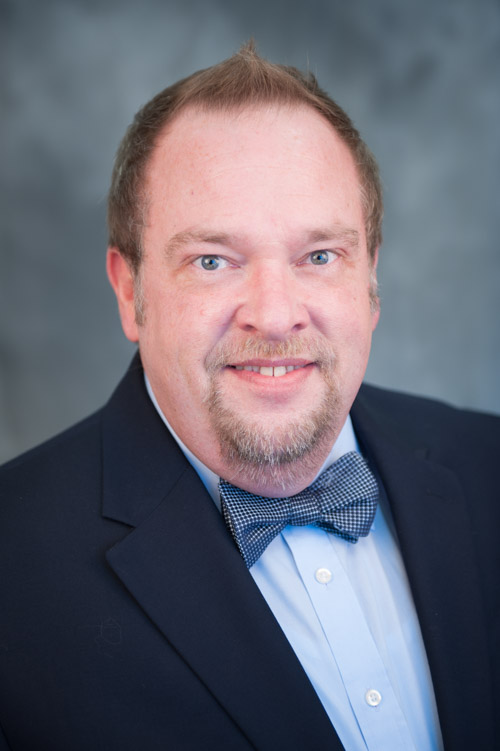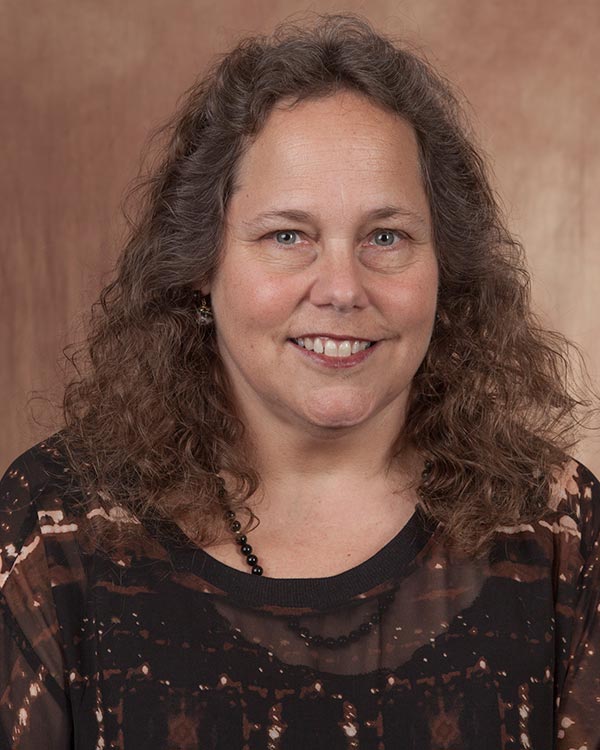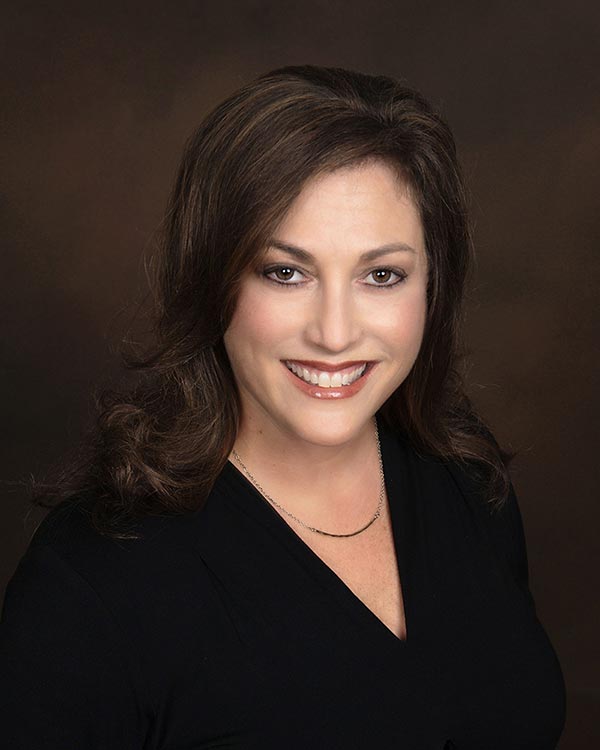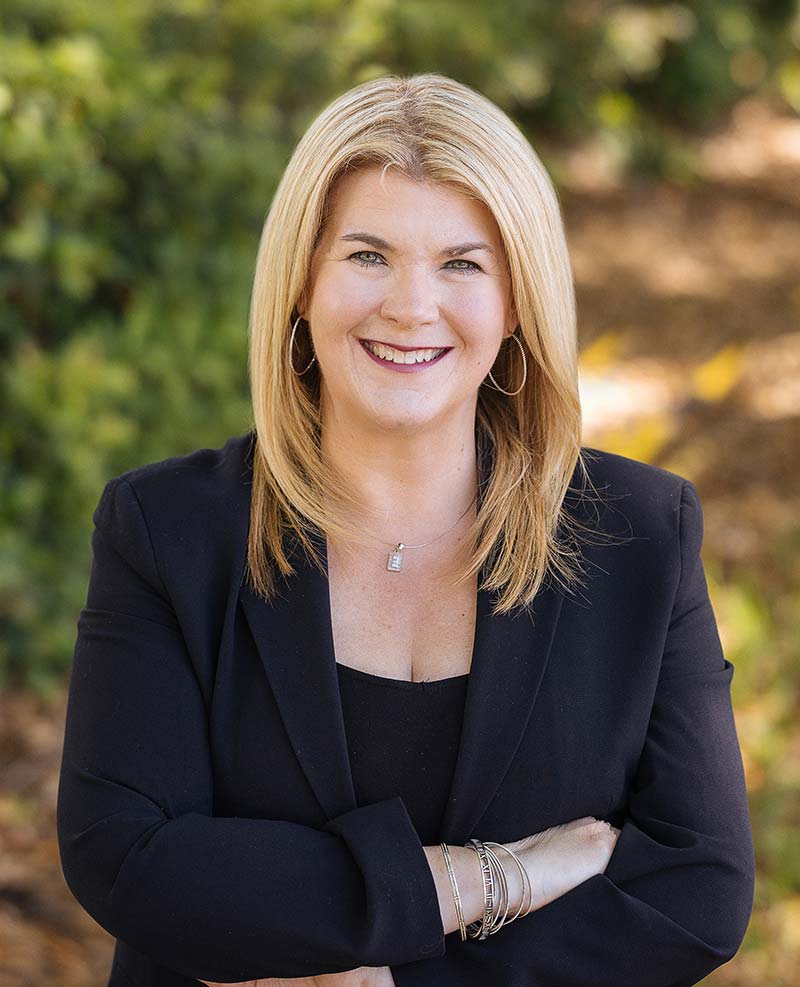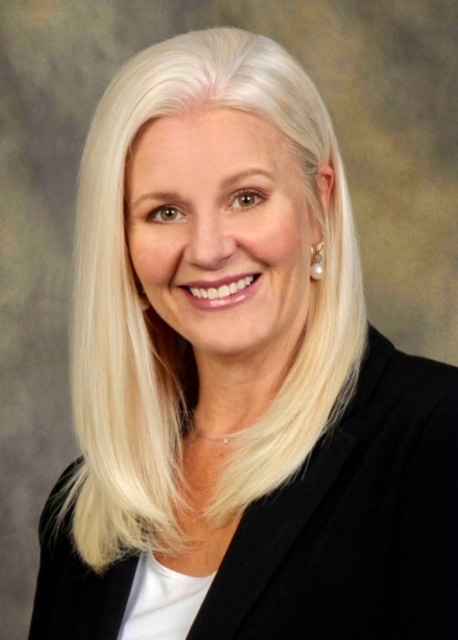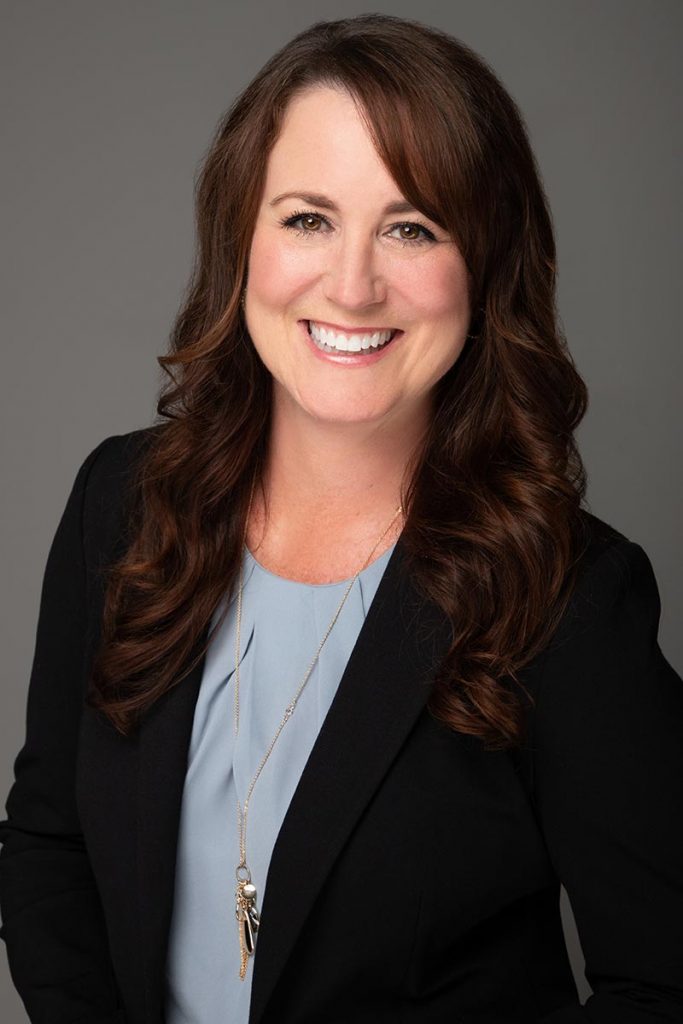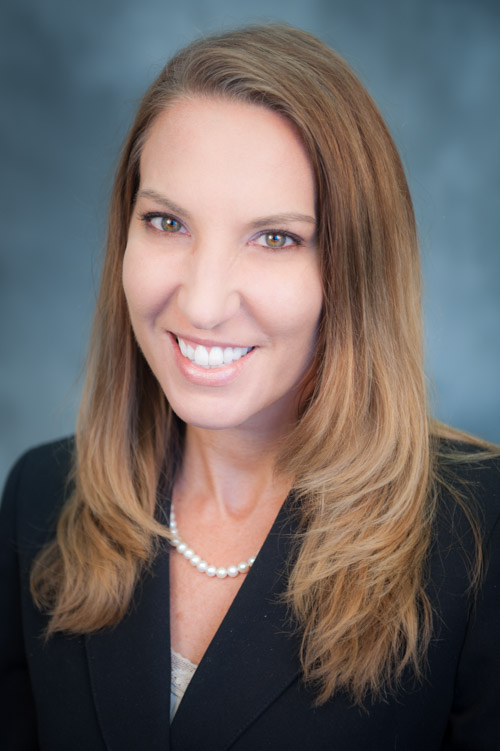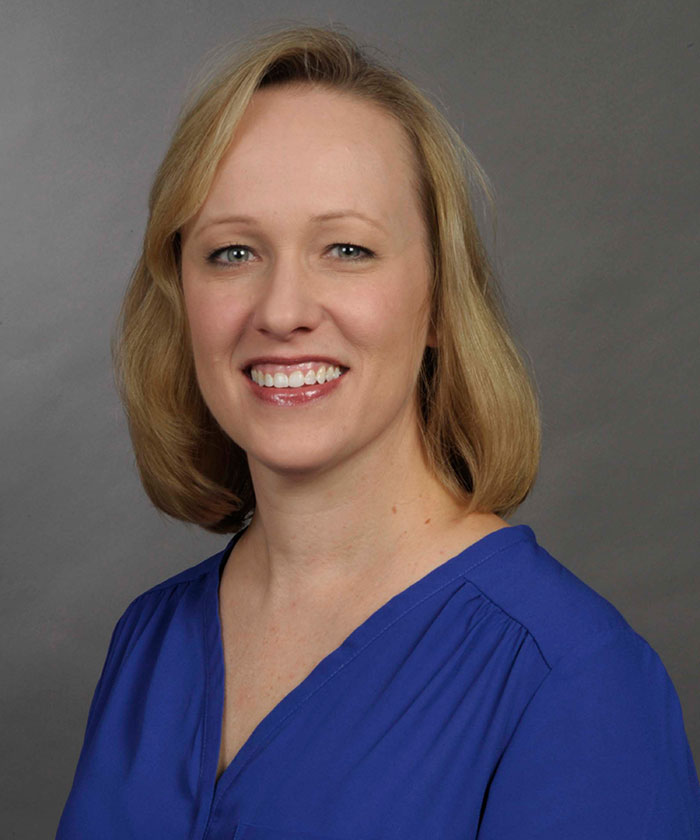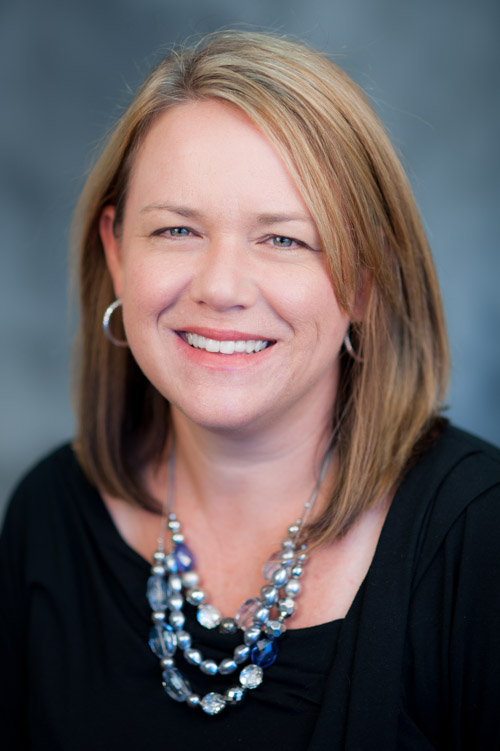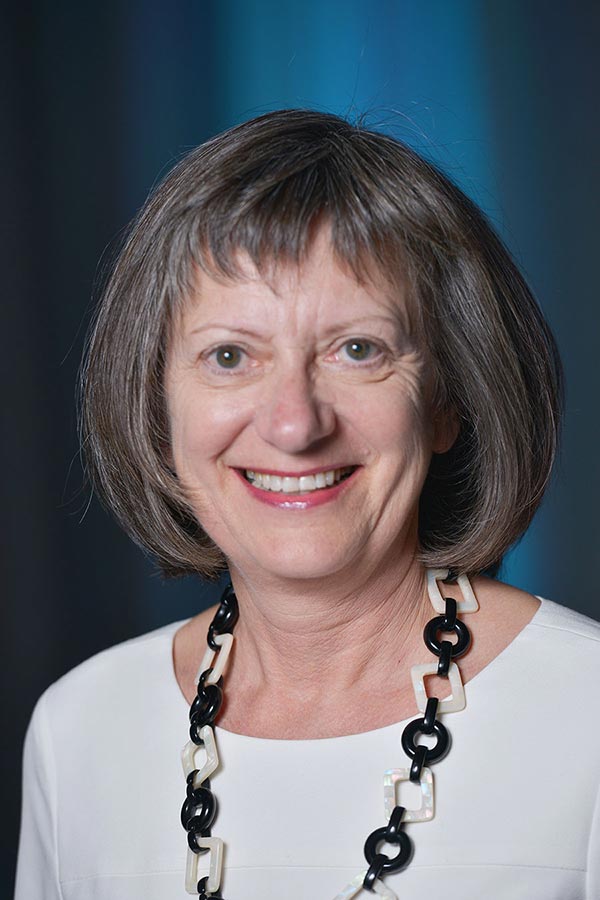Cutting-Edge Services for All Ages
UCF Communication Disorders Clinic
Overview
The University of Central Florida’s Communication Disorders Clinic offers cutting-edge diagnostic and treatment services to people of all ages with communication and hearing challenges. We treat clients across the lifespan — from toddlers developing speech and language to adults who have lost speech or language due to disease or trauma.
The clinic is equipped with instrumentation for voice and resonance evaluations as well as for swallowing evaluations. A full audiological suite is also available, with instrumentation for diagnostic audiometry for children and adults and hearing aid evaluations.
Service delivery models vary and include once a week, multiple sessions a week and intensive therapy. Intensive therapy is available for persons with fluency disorders, such as as stuttering or cluttering, and for persons with aphasia, including stroke survivors, at Aphasia House.
The clinic also houses the UCF Listening Center, for children and adults who are deaf and hard of hearing. The clinic partners with the FAAST Atlantic Region Assistive Technology Demonstration Center, which affords clients the opportunity to explore the use of low-to-high-tech devices to assist with communication and other cognitive issues.
Services
- Accent Reduction
- Acquired Neurogenic Communication Disorders
- Articulation and Phonological Disorders
- Augmentative and Alternative Communication
- Fluency Disorders
- Hearing Disorders
- Language Disabilities
- Language-Based Reading and Writing Disabilities
- Swallowing Disorders
- Traumatic Brain Injury
- Voice and Resonance Disorders
Supervised Clinical Practice for Students
The faculty and staff of the School of Communication Sciences and Disorders are dedicated to the preparation of speech-language pathologists who achieve the highest standards of academic learning, clinical service and scientific inquiry.
We work together in an environment of integrity, cooperation, enthusiasm and mutual respect to educate clinicians and scientists who are sensitive to issues of diversity, embrace the highest ethical standards, provide quality services, and advocate for the well-being of individuals and families impacted by speech, language, hearing and associated disorders.
Supervised clinical practice is an integral part of the master’s program in communication sciences and disorders. It provides students with an opportunity to apply academic knowledge to the evaluation and management of individuals with a wide variety of communication disorders.
The primary goal of clinical education is to prepare speech-language pathologists who demonstrate general competence across the scope of practice in nine communication disorders areas that the American Speech-Language and Hearing Association (ASHA) has identified, from infancy to the elderly. The nine disorders areas are: articulation, voice, fluency, receptive and expressive language, communication modalities, social communication, cognitive communication, swallowing, and hearing.
Through sequenced clinical experiences and assignments, students will learn to
- analyze, synthesize and evaluate an extensive body of knowledge in communication sciences and disorders
- apply evidence-based practices in the selection of evaluation and treatment
- achieve competency in prevention, screening, diagnosis and treatment of clients with varied communication disorders
- communicate effectively and professionally
- employ self-evaluation strategies that lead to development of new and improved kills
- demonstrate ethical and responsible professional conduct with varying ethnic cultures
The ultimate goal of clinical education is to provide students with the knowledge and skills to practice as speech-language pathologists in diverse educational, healthcare and rehabilitation settings.
The University of Central Florida does not unlawfully discriminate in any of its education or employment programs and activities on the basis of an individual’s race, color, ethnicity, national origin, religion (or non-religion), age, genetic information, sex (including pregnancy and parental status), gender identity or expression, sexual orientation, marital status, physical or mental disability (including learning and intellectual disabilities), political affiliations, prior conviction of a crime, protected veteran’s status or membership in any other protected classes as set forth in state or federal law. The University prohibits discrimination based on these protected classes, which includes the prohibition of discriminatory harassment, sexual assault, sexual exploitation, relationship violence, stalking, sexual or gender-based harassment, and retaliation against a person for the good faith reporting of any of these forms of conduct or participation in or party to any investigation or proceeding related to a report of these forms of conduct.
